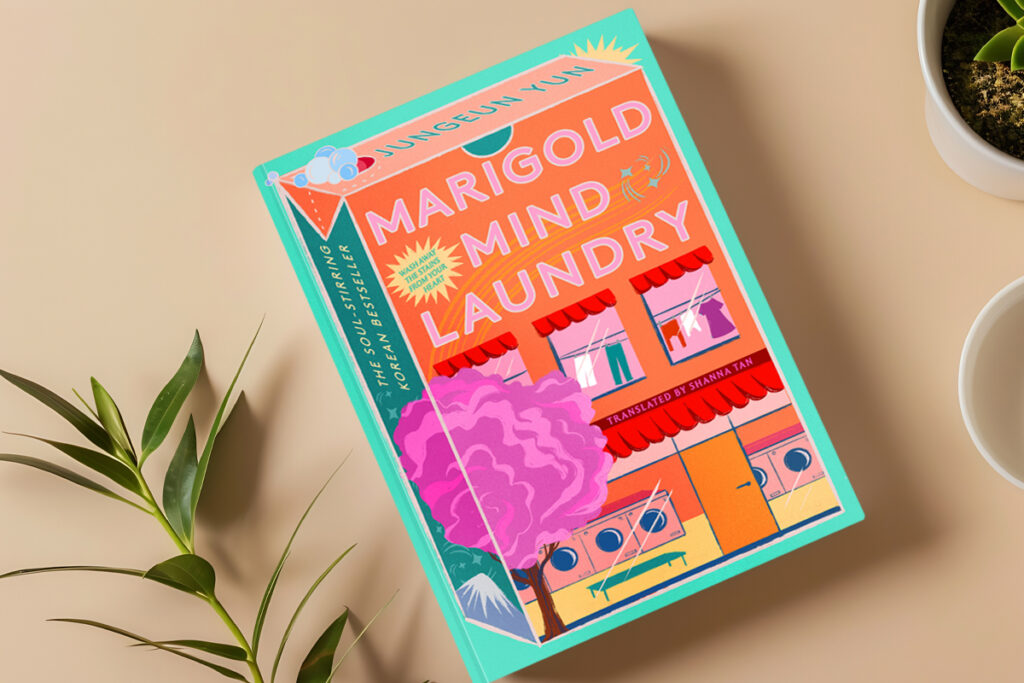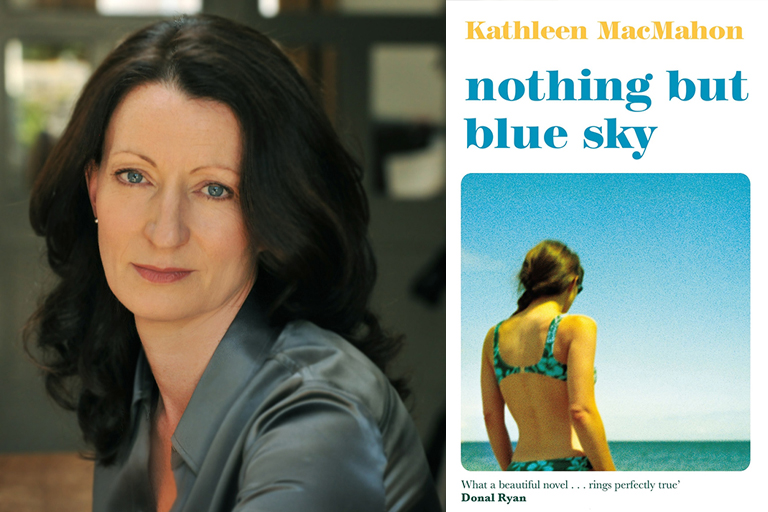This Women in Translation month we’ve teamed up with our friends at Doubleday, home to bestselling translated fiction including Lonely Castle in the Mirror by Mizuki Tsujimura and What You Are Looking For is in the Library by Michiko Aoyama, and one of their translators, Shanna Tan, to share some thoughts on one of the biggest trends in translated fiction: healing fiction.
The Power of Healing Fiction
Written by Shanna Tan
Healing fiction, to me, is a safe space. A safe space that allows us to escape from reality, immerse ourselves in the experiences of others, reflect on issues that have been taking up too much of our mental capacity (and health), and that provides a respite from everything else.
Books that offer comfort and solace aren’t a new concept, but it seems as though the term ‘healing fiction’ is relatively new – there’s a growing trend, especially in translated Korean and Japanese fiction, of cosy reads published in English. There’s even a term in Korean and English for Korean literature that falls into this genre: K-healing. Most of the time, K-healers can be recognized by their book covers – a beautiful illustration of a building, such as a bookshop, a library, a convenience store.
I somehow found my way to becoming a ‘healing translator’, the way you may call someone a romance author, in that almost all the books I’ve translated or will soon be translating can be classified within the genre. Healing fiction seems to lean into the idea of finding solace in a particular space (and in the community within that space). Bookshop, laundromat, magical laundry service (Doubleday is publishing this one!), bed-and-breakfast, a mysterious cocktail bar, to name just a few. (And yes, I’m translating these.)
While naysayers may complain that healing novels are seemingly ‘all vibes, no plot’, I beg to differ. Such books may not have a typical climax that holds the story together, and little might seem to be happening, but what they lack in drama, they make up for with the immersive experience of slowing down our busy lives and giving us space to reflect. Such novels hit closer to home. There are often little life lessons about things we might have forgotten, or words we really need to hear. Some have likened the genre to therapy in book form, or self-help. A friend says she prefers reading fiction to self-help memoirs because it’s easier to root for the characters’ success and personal growth without feeling any pangs of jealousy or envy. There’s closeness and yet distance. I totally get it.
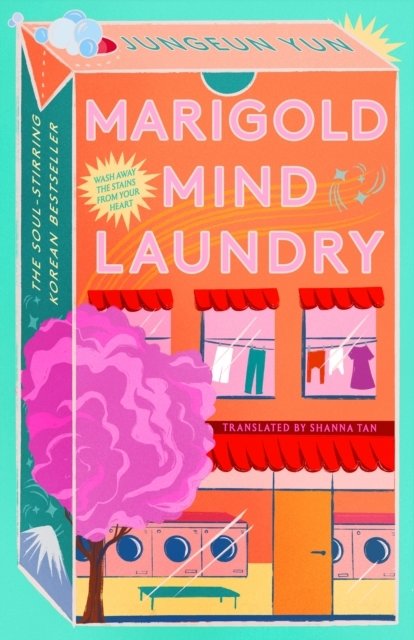
As a translator, it’s a blessing to spend months on end in these spaces. When I was translating Jungeun Yun’s Marigold Mind Laundry, forthcoming from Doubleday in October, I loved the time spent at Jieun’s mysterious laundry service shop, observing her brew healing tea for her visitors, helping them wash out the most painful stain from their heart. I’m often asked about the challenges of translating healing fiction. Honestly, the joy far supersedes any challenge. I love the cosy vibes, the atmospheric mood, the nuanced emotions often found in healing fiction, but these are often the most challenging things to bring across languages (and sometimes cultures), and I find myself focusing a lot on that in the translation process. For Marigold Mind Laundry, what I love is the peacefulness of the Marigold village, the breathtaking sunsets, the cosiness of the laundry service. Seemingly unimportant details, but these tiny details are what captivate readers and draw them into the world of the novel.
As a reader, I’m also a huge fan of healing fiction. I love how the books are telling me: You’re not alone in this world, I’m here too.
There’s something comforting about reading stories of ordinary people like you and me, reading about how people in vastly different situations can share similar struggles, or how people can deal with the same situation in different ways.
Doubleday publishes some of my top favourites in the genre.
Disclaimer: Yes, I’m now a Doubleday translator, but I’ve been reading their books for a long time!
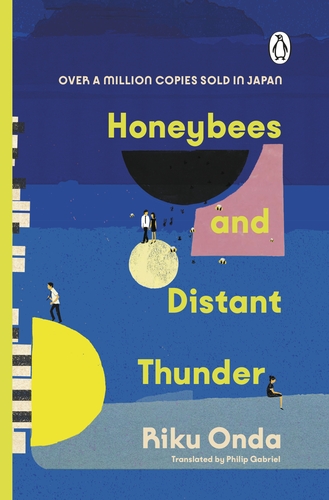
My absolute favourite. It’s one of the rare books I’ll re-read over and over again, and if you love Nodame Cantabile, this is YOUR book. The world of classical music is far away from my everyday life, but I find myself absolutely invested in the piano competition, rooting for my favourite pianists, and feeling inspired by their determination and passion to do what they love. I first read it at a time when I was struggling with the question of what it means to pursue my dreams, and it left me feeling invigorated.
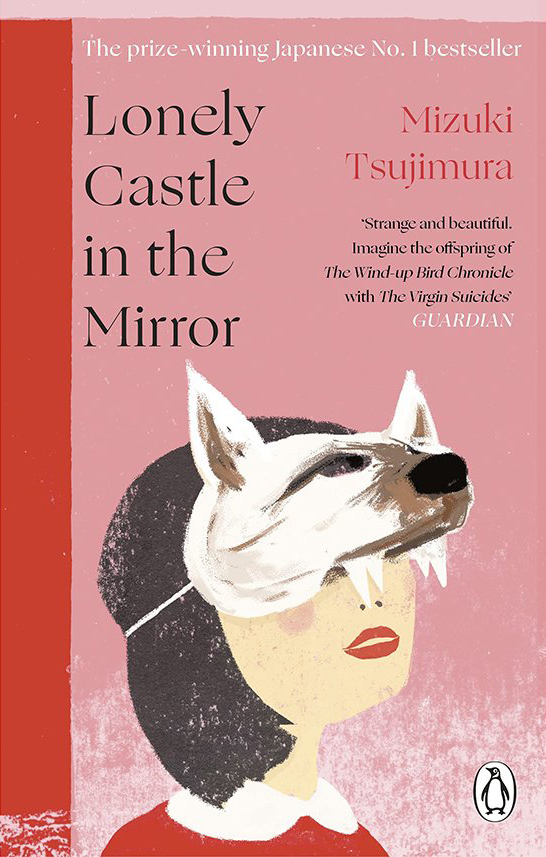
Seven students are avoiding school. For varied reasons, they stay at home, unwilling and unable to face their family and friends. One day, they discover that a mirror in their room is a portal to a magical castle that offers them a temporary escape. There, they meet the wolf queen and learn of a magical key that will grant them a wish. There are rules to be adhered to, of course. Meanwhile they are stuck with one another as they figure out answers to the mystery, and to themselves.
If only I’d read this book when I was still in school! School can really be the loneliest of places and the hardest to escape from. It’s easier (in general) to quit a job, to walk away from a toxic environment, but it just seems impossible to do that at school, which can feel like our whole world. Something in the book stirs up old memories, but instead of bringing any pain to the surface, my heart feels soothed. Things have come to pass, and I’m stronger than before.
I’m a firm believer that somewhere out there is a safe space for us all, which can come in different forms – a place, a person, or sometimes the right book at the right time. I hope that these cosy reads may one day find their way to you, and when they do, I hope you’ll take away something from them, whether it’s a small comfort at the end of a weary day, or the inspiration to explore something new in life. As always, it’s the little things in life that matter.
Happy reading!
